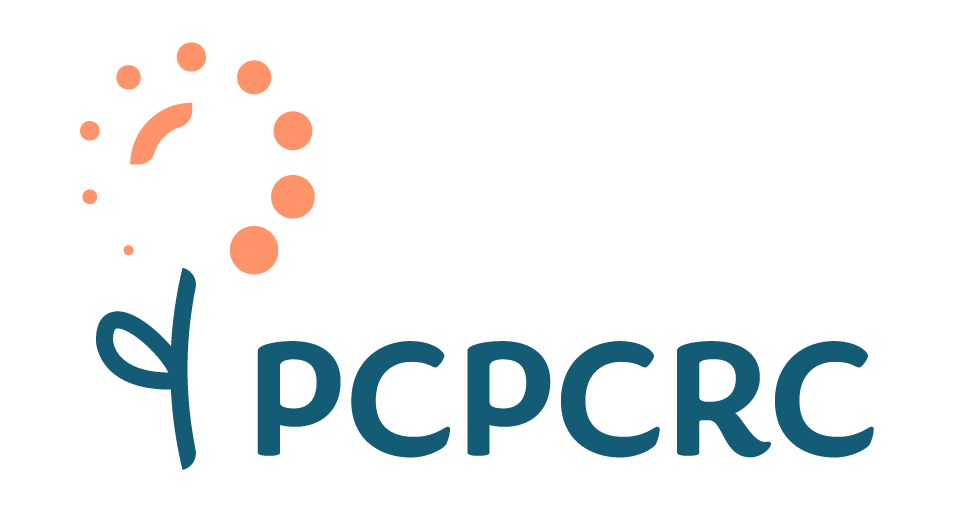Canada takes a significant leap forward in conducting innovative palliative care research by establishing a national clinical trials platform funded by a $5.9 million Breakthrough Team Grant from the Canadian Cancer Society (CCS) and Brain Canada.
With collaborators from the Pan-Canadian Palliative Care Research Collaborative (PCPCRC), the initiative led by Dr. James Downar from Bruyère Health in Ottawa and Dr. Kieran Quinn from Sinai Health in Toronto will transform care for people living with advanced cancer by studying new interventions in patient-centered trials. These important efforts will further train the next generation of leaders in palliative care research and elevate Canada as a global leader in palliative care.
“This is an incredible opportunity to build sustainable infrastructure for clinical trials that can have lasting impact,” said Dr. Downar, Senior Investigator at Bruyère Health Research Institute, co-chair of the PCPCRC, and Clinical Research Chair in Palliative and End of Life Care with the University of Ottawa. “This funding supports a national network of researchers with a broad range of expertise and a clinical trials platform comprised of ten research hubs across Canada, allowing us to expand the nation’s capacity for multi-site trials and create a foundation for research that can improve care for Canadians.”
Despite recent transformative advancements in cancer treatment, options remain limited for improving symptoms and quality of life in people with advanced cancer. As a result, patients and their caregivers continue to endure considerable physical and psychological suffering. Researchers hope to tackle some of these challenges through a stronger system of identifying, testing, and disseminating novel treatments through this Pan-Canadian platform that can better leverage the diverse expertise of Canada’s palliative care community.
For Dr. Downar, who co-founded the PCPCRC in 2017, this represents a critical step forward in grounding a nationwide research strategy and closing some of the most important knowledge gaps in palliative care. Since then, the PCPCRC has grown from a small group of palliative care researchers to a network of hundreds of engaging researchers, clinicians, and patient and caregiver partners who take a cross-collaborative approach to clinical trials. By building this platform, the PCPCRC will be able to run multiple trials simultaneously at lower cost than usual, providing important information at greater value than ever before.
Dr. Quinn, a General Internist and Palliative Care Clinician-Scientist at Sinai Health, says, “Randomized clinical trials are the gold standard for evaluating new treatments before widespread health system adoption. We will recruit patients and their caregivers across all settings in which they receive care – from the community, the hospital, and in hospice or the palliative care unit. Our goal is to discover new interventions that can improve their quality of life as they navigate the complex journey of living with advanced cancer.”
The PCPCRC team will now be focused on establishing the clinical trials platform by setting up ten platform hubs from Vancouver to Halifax and standardizing key patient-centred measures for all trials.
Following input from the PCPCRC’s patient and caregiver partners and positive results from feasibility studies conducted by PCPCRC members including Dr. Downar’s team in Ottawa, the platform will run its first three clinical trials to test the effectiveness of interventions to alleviate patient and caregiver distress: microdose psilocybin, repetitive transcranial magnetic stimulation (rTMS), and peer-to-peer caregiver support.
With hubs from coast-to-coast, this research has the potential to transform palliative care for Canadians with advanced cancer and their caregivers.

